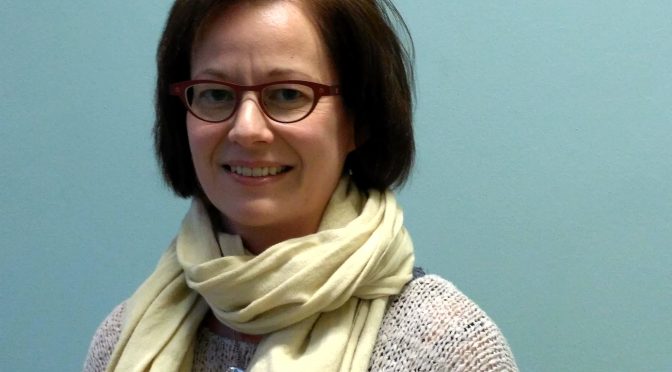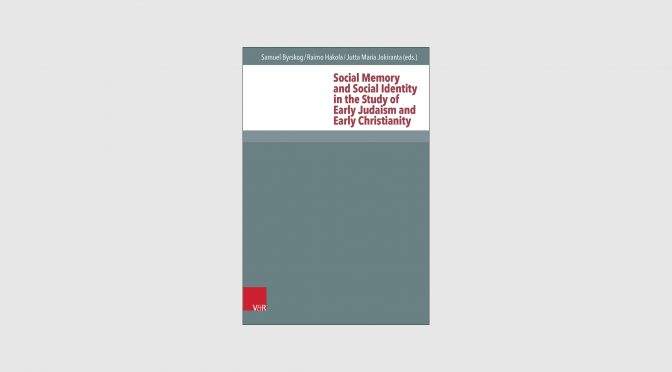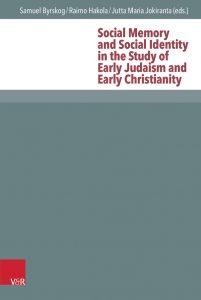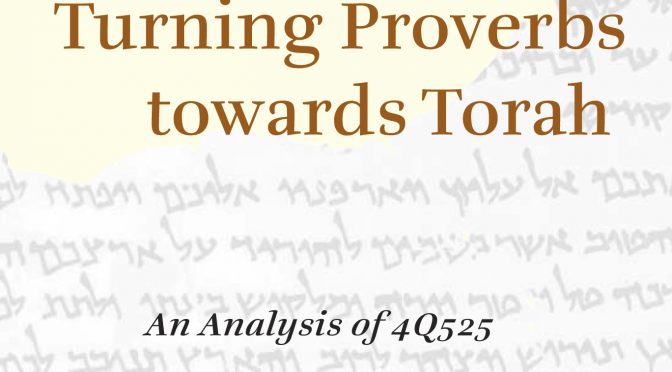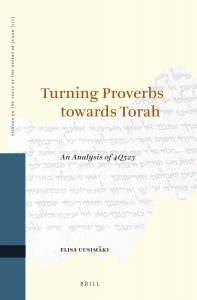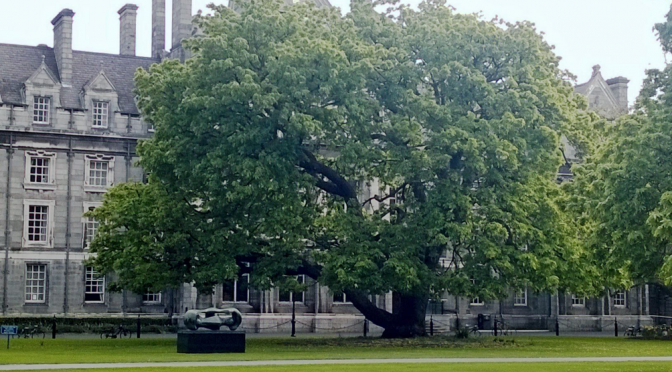What is your research about, in general terms?
My research is about the Second Temple period and processes of creating Judean/Jewish identities, especially in light of the Dead Sea Scrolls (or Qumran texts). It’s also about imagining what texts mean during this time when they are written in scrolls, and about the impact of rituals in humans’ lives and perceptions.
Why particularly did you choose this direction for your career?
Rituals are underrepresented in research that has been keen on finding meanings of texts and symbolic interpretations; rituals take seriously the need for doing and aspects that are common to all human beings: patterns of ritualization and rituals as mediating traditions. Identity has been part of my research always!
How would you describe the relevance of your work for society?
The more I study, the more I think of big questions: how is human thought constrained by its innate capacities. and how does that effect the way we think of God, gods or otherworldly beings, for example. How is our perception of the world embodied and extended? Cognitive science of religion brings together the past and the present to answer such questions.
More focused on biblical studies: it is valuable to study in which forms sacred texts exist in different times and how they are understood to exist and work. Before books and print culture, you could not walk with “the bible” in your hand. Furthermore, Judaism is and was not only one thing, then and now. Christians tend to look at Judaism of the New Testament as legalistic, ritualistic, and corrupt, but one gets a different story in the Scrolls.
Looking back at your academic work so far, what would you say you are most proud of?
Perhaps being able to show the relevance of social-scientific approaches in Qumran and biblical studies: studying social identity, sectarianism, authority, or almost any topic can benefit from critical thinking about the concepts we use or from informed theories.
Can you tell us a short story about something that happened to you during your career that amazed you?
Well, I was amazed during these past years to find myself in archaeological excavations and enjoying it so much — or rather that my physical condition did not let me down! I am really grateful for these opportunities.
Is there anything you’ve researched that you never thought you’d find yourself interested in?
It may sound funny, but somehow the Maccabean/Hasmonean history with all the power struggles and various successive kings has not been so appealing to me, but recently these things have become more alive and meaningful, also because of archaeology.
With the cognitive approaches, I find myself reading studies referring to neuropsychology or evolutionary theories, and those can be quite apart from traditional biblical studies.
What are you working on at the moment?
I want to find out how ritualization, as a mechanism of actions that feel compelling, functions within various rituals or practices, and how we might detect this phenomenon that can be significant in dealing with anxieties. I also want to explain what kind of ideas and practices were connected to covenant making and covenant renewal, and what difference those make, especially with the Qumran movement as a case study. Rituals are exciting!
Jutta Jokiranta is University Lecturer in Hebrew Bible/Old Testament Studies at the University of Helsinki, Department of Biblical Studies (since 2009). She is currently Team Leader of CSTT’s Team 4 Society and Religion in Late Second Temple Judaism (2014‒2019) and is also an Academy Research Fellow for her project Ritual and Change in the Qumran Movement and Judaean Society (2014‒2019). More information can be found on her University of Helsinki profile-page.
Interview conducted by Helen Dixon


